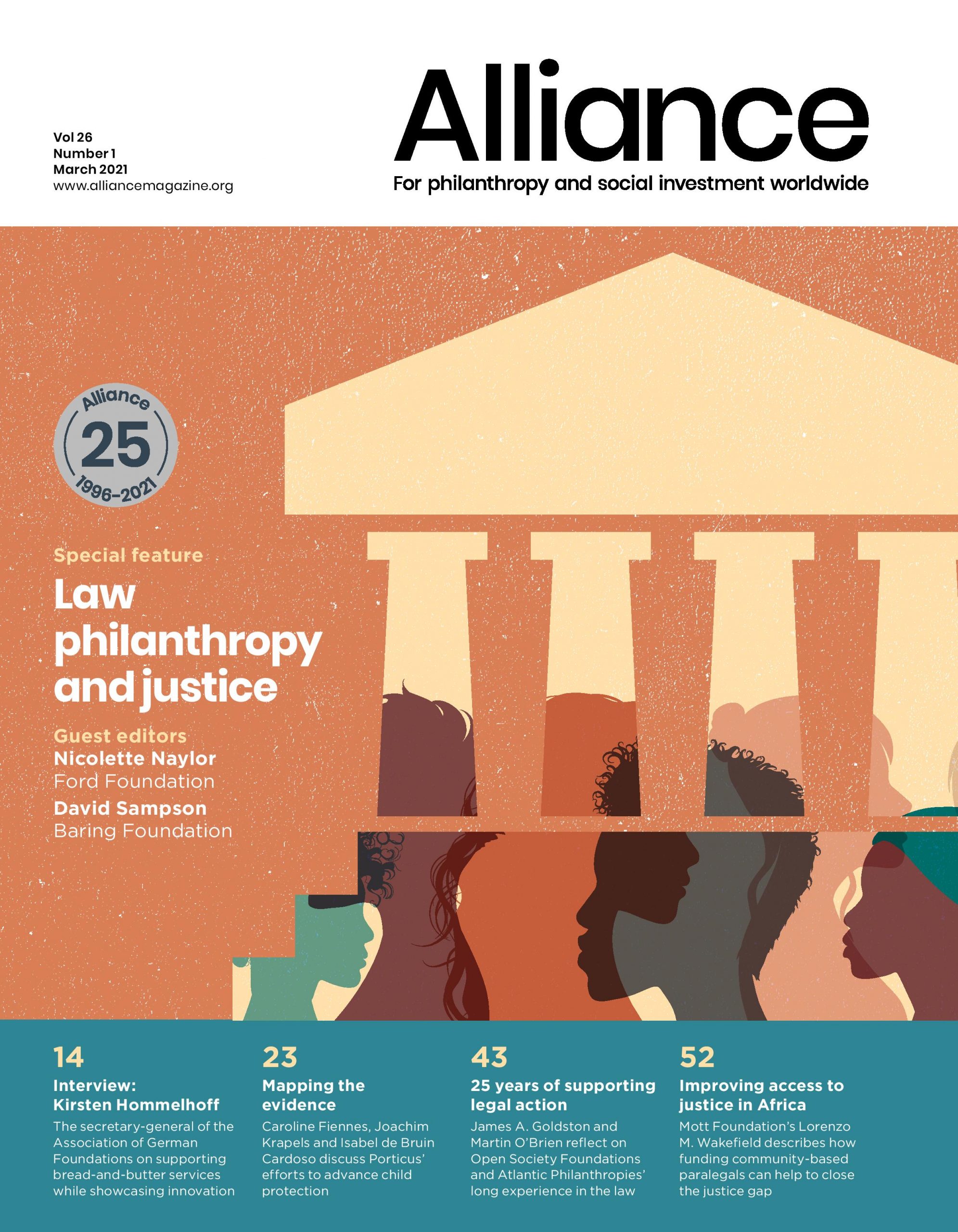Despite the growth of philanthropy in Europe and moves towards greater European integration, new research finds that foundations face ongoing restrictions
A favourable legal and operating environment is crucial for the philanthropy sector to meet today’s unique challenges. While many governments have introduced tax incentives to stimulate philanthropic activity, an enabling environment goes far beyond tax incentives. It includes the freedom to set up a public benefit organisation, as well as the freedom of foundations to operate without undue restrictions, either domestically or across borders. It involves matters like foundations’ day-to-day operations, investments, the relocation of the seat of a foundation, or mergers.
 Analyses of national legal environments.
Analyses of national legal environments.
The latest research, however, suggests that there is a spectrum of new and old restrictive rules and practices facing European philanthropy. The fifth edition of legal country profiles collected throughout 2020 by Philanthropy Advocacy, a joint Dafne and EFC initiative, in cooperation with leading experts, and a new edition of comparative highlights, shows that the regulatory environment and the political climate are increasingly challenging for European foundations and wider civil society. For example, the introduction of restrictions on foreign funding in Hungary has seriously affected cross-border philanthropy. Even if the Hungarian law has now been declared in conflict with EU law, some governments are considering introducing more restrictions on foreign funding. Furthermore, recent legislative changes in Turkey and Russia, introduced at the end of 2020, present new restrictions to the non-profit sector and are expected to have a severe impact on legitimate public benefit organisations’ work and cross-border philanthropy.
Subscribe now from only £45 a year!
This article is only available for our subscribers
Existing users can login here





